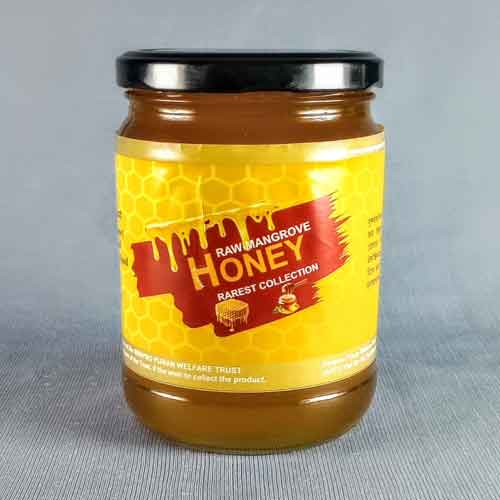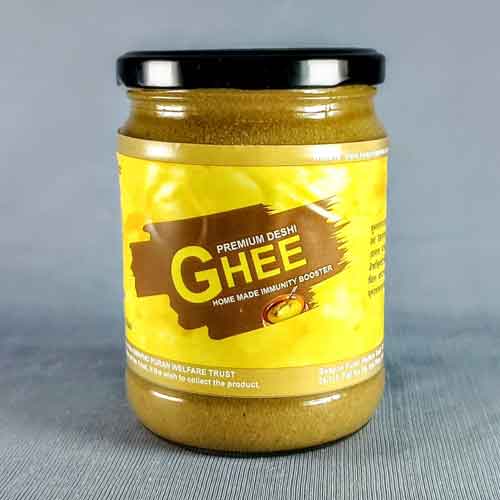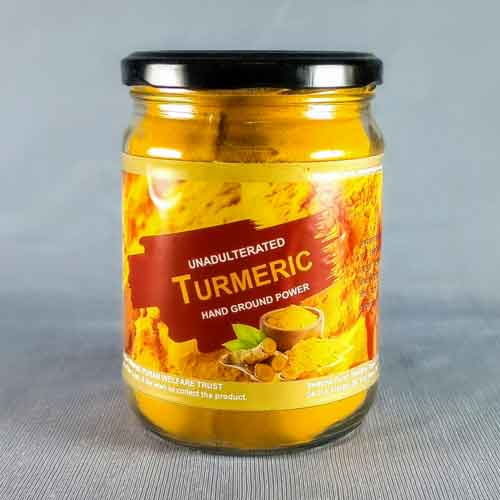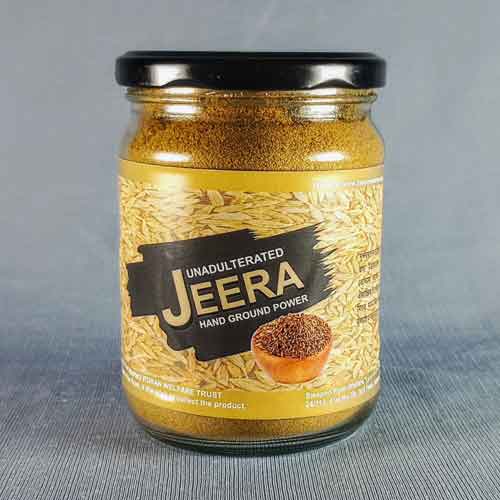
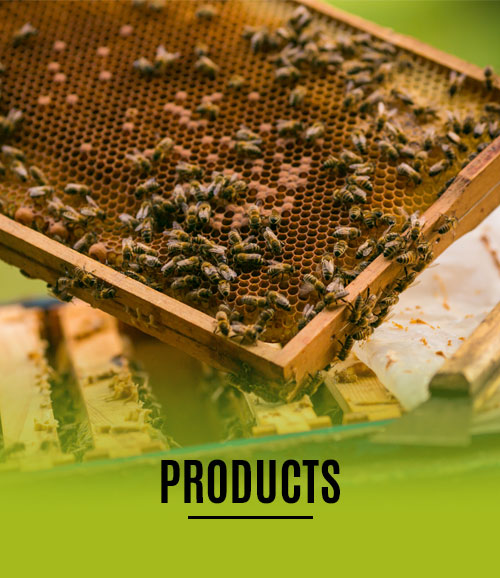
Get Membership Gifts from our Beneficiaries, Free
Why does the SPT suggest to switch on organic lifestyle?
In today’s busy urban life, with both partners busy pursuing their careers, the consumption of canned or preserved food is on the rise. With population on the rise and limited resources, fertilizers and pesticides have been used to the hilt in the last few decades to match the level of production. More than 80% of food consumed by an average individual is exposed to some sort of preservative or chemical to enhance its quality, which in the long run, not only degrades the food but our body too. Fertilizers and pesticides used in the process of production not only imbalances the natural nutrient content of the soil but also processes like bio-magnification and bio-accumulation affect the top of the food chain that is us.
On the other hand, we have limited time for yoga and exercise, so it is of utmost importance that what we eat is full of nutrition and contain no chemicals. With an increase in the number of cases of depression and stress, organic food or at least unadulterated semi-organic food can only be able to bring forth a pragmatic solution to minimize our health hazards.
The broader differences between the Non-Organic, Semi-Organic and Organic food products are mentioned below for peoples’ awareness and change in their food habits:
Non-Organic:
The land of cultivation has no specific parameters to follow and usage of chemical fertilizer is very high to increase yield, which ends up intoxicating products. Synthetic pesticides and herbicides are used at different stages to save the crop from pests and insects/weeds respectively. Almost all the pesticides contain the most dangerous chemical called Organophosphates & nitrate. The residue of this chemical found in crop is rated as one of the top three environmental CANCER risks and can be linked with range of conditions such as; Chronic Fatigue Syndrome in Children, decreased male fertility, fetal abnormality, risk of breast cancer in women etc. This is also applicable in case of Chicken Poultry and Fish Farm, because of heavy use of antibiotics and feeding of processed animal feed. These are mainly used to promote growth and control the farm mortality rate. However, these products look quite attractive at a glance but because of their high chemical content, they cause health hazards.
Semi-Organic:
The production that is grown in the transition period of farm land from conventional to completely organic is known as semi organic production. The land may or may not be 3 years old virgin land but any further usage of chemical fertilizer and pesticides are strictly prohibited for Semi Organic food production. Only the residue present in the soil from the previous conventional farming is present which is negligible in amount. This is also applicable in case of Poultry Chicken and Fish Farm. Use of antibiotics is fully restricted here and share of processed animal food is minimal, which is complemented by natural food, in terms of “Backyard Poultry Farm/Semi Capture Fisheries”. However, the end products are much healthier for human consumption than the non-organic food products. Semi organic products are pocket friendly too. Thus, it’s quality consumption within a restricted budget for the first time users to distinguish between non-organic & organic food products.
Organic:
Organic products are grown under a system of agriculture without the use of chemical fertilizers and pesticides with an environmentally and socially responsible approach. This is a method of farming that works at grass root level preserving the reproductive and regenerative capacity of the soil, good plant nutrition, and sound soil management, produces nutritious food rich in vitality which has resistance to diseases. Organic food has more of the antioxidant compounds linked to better health than regular food, and lower levels of toxic metals and pesticides, according to the most comprehensive scientific analysis to date. The land of cultivation has to be a 3 years old virgin land with no chemical fertilizers used on it for the past 3 years. With that said, no further use of chemical fertilizer and pesticides are allowed. This is also applicable in case of Chicken Poultry and Fish Farm. Uses of antibiotics are fully restricted here and 100% deduction of processed external food.
So the SPT has undertaken serious initiatives to intervene in it. This is both for our rural beneficiaries and urban dwelling members too. Our rural beneficiaries are producing unadulterated semi-organic Products for our council members. Initially, they are producing four products, i.e. Honey, Ghee, Turmeric and Jeera powders. The number of products will be increased as much as we can skilled them up and to procure their products. SPT is working hard on it and is requesting all council members to spread-out this information to all of their friends and relatives, so that the poor beneficiaries will be helped much more to think of a sustained income on a monthly basis.

